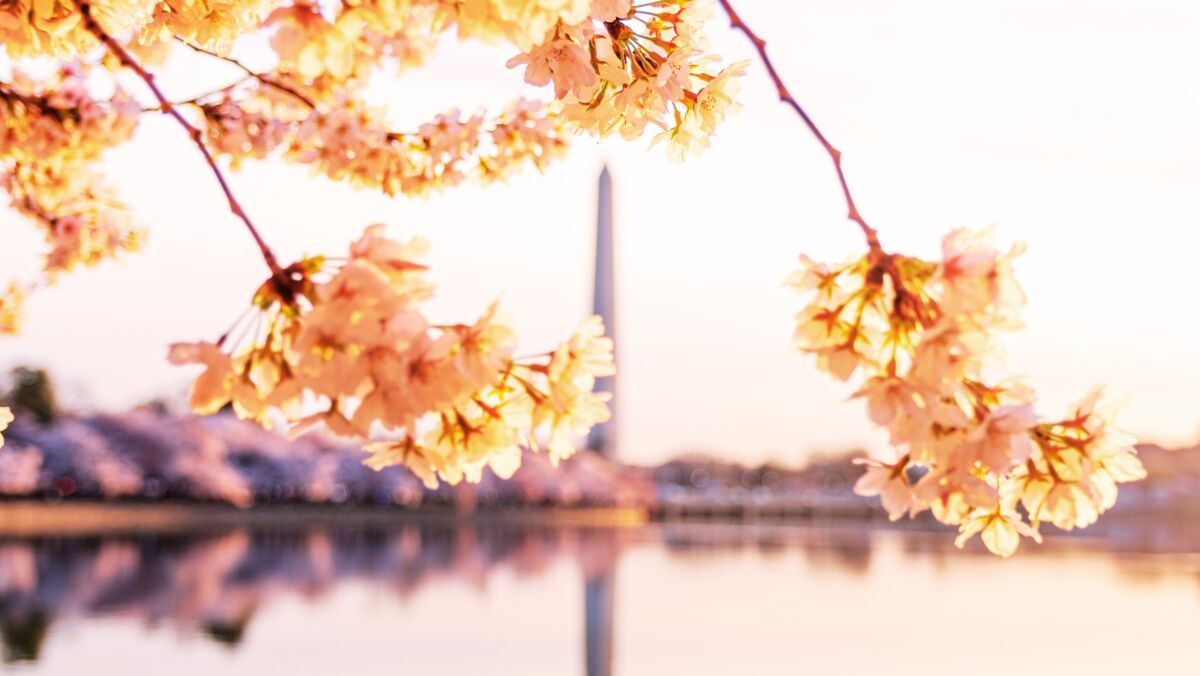Celebrating Asian American Native Hawaiian and Pacific Islander Heritage Month 2023
Our recognition of people of AANHPI heritage in places of leadership across the country must also acknowledge a wide breadth of experience across social, economic, political and cultural identities.

Background on AANHPI Month
In the 1970’s, Jeannie Jew, a former Capitol Hill staffer, approached the office of Representative Frank Horton with the idea that the contribution of Asians in the history of the United States of America should be officially recognized and celebrated.
Ms. Jew and the Congressman’s Chief of Staff, Ruby Moy, then led efforts in Congress that would ultimately lead to the designation of the week of May 4 as Asian Pacific American Heritage Week. Later on, Congress would approve legislation from Representative Horton and Representative Norman Y. Mineta designating the entire month of May as Asian Pacific American Heritage Month.
The month of May was so chosen because of two reasons: May of 1843 was when the first Japanese immigrant arrived in the United States and May of 1869 was when the “golden spike” was driven into the Transcontinental Railroad successfully built because of the labor of Chinese migrants.
This year, President Joseph R. Biden designated May 2023 as, Asian American, Native Hawaiian, and Pacific Islander Heritage Month, to celebrate, “the diversity of cultures, breadth of achievement, and remarkable contributions of these communities; of brave immigrants who, motivated by the promise of possibilities, picked up their lives and found new homes here; of native peoples who have stewarded these lands since time immemorial; and of community leaders shaping a brighter future for us all.”
Recognizing Our Reality
Today, it is certainly a matter of celebration that the Vice President of the United States of America, Kamala Harris, is a person of Indian and Jamaican heritage.
It’s also encouraging that, in the 118th Congress, 21 members (3.9%) are of Asian, South Asian, or Pacific Islander ancestry. In comparison, there were just 7 such members of Congress, all of whom were male, decades ago when May was first designated as the month for AANHPI celebration.
Still, poverty is experienced anywhere between 6.8%, among Filipino Americans, and, 39.4%, among Burmese Americans. And, for every dollar a white male is paid, it is 86 cents for Asian American women, 61 cents for Samoan American women and even 38 cents for Bhutanese American women.
Moreover, the recently completed annual survey of, “the STAATUS Index (Social Tracking of Asian Americans in the U.S.),” showed that, “Asian Americans — especially young, Asian American women — are the least likely to feel they completely belong and are accepted in the U.S., an annual survey of attitudes about Asian Americans has found.”
In addition, there is more evidence of a recent surge of anti-Asian hate. According to a year long research project from Columbia University School of Social Work “nearly three out of four Chinese Americans say they have experienced racial discrimination in the past 12 months, and two in three feel a need to stay vigilant about hate crimes or harassment.”
Methodists Towards Perfection
The Asian Language Ministry Plan of The United Methodist Church represents, “12 Asian American sub-ethnic groups with 15 different languages [as well as] second, third, and fourth generation Asian Americans who have had to confront many of the obstacles raised by society.”
In 2021, GBCS issued a statement and action alert on the COVID-19 Hate Crimes Act which was eventually signed into law. Our own Rev. Dr. Liberato “Levi” Bautista, GBCS Assistant General Secretary for United Nations and International Affairs, resourced a Discipleship Ministries webinar on poverty at the intersection of colonialism and racism. GBCS also shared 31 children’s books that honor Asian American and Pacific Islander Heritage.
On May 25, 2023, the General Commission on Religion and Race is hosting a webinar on the Intersectionality of Asian American and Pacific Islander Experiences in the UMC.
This is just a small number of ways that The United Methodist Church is and has been in ministry with AANHPI communities for decades. As we move on towards perfection, there is certainly more work to do both inside and outside of the, “four walls,” of our church.
Join us as we continue to advocate for legislation and policies that manifest our affirmation of, “all persons as equally valuable in the sight of God. We there- fore work toward societies in which each person’s value is recognized, maintained, and strengthened.” (2016 Book of Discipline, Social Principles ¶162)
Thanks to Levi Bautista, GBCS Assistant General Secretary for United Nations and International Affairs and Aimee Hong, GBCS Senior Executive Director of Education and Engagement for their contributions to this article.